THE REVOLUTIONARY PATH TO BIG IMPACT
The book is out! Buy it now from one of these great vendors...
 |
|
 |
(bulk discounts available here!) |

 |
|
 |
(bulk discounts available here!) |
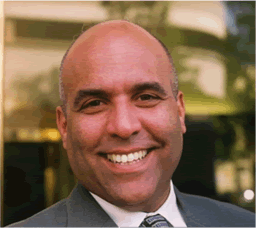
Michel has held senior positions in advocacy, government, academia, and business, with an ongoing substantive focus on environment, energy, and social justice. Most recently he's been a Senior Fellow at the David & Lucille Packard Foundation.
Michel co-founded BuildingEnergy.com, the fastest-growing platform for the world’s building energy data (800,000 buildings and counting) and Cooler, a company whose mission is to connect every purchase to a solution for global warming. From 2009 until 2011, Michel served as the Chief Green Officer for Hara Enterprise Environmental Management, a Kleiner Perkins portfolio company acquired by Verisae.
As an advocate, Michel co-founded a number of environmental justice, water, and oceans organizations and led Redefining Progress from 2001 through 2006. In that capacity, he worked to originate and design the world’s most aggressive climate legislation (California's Global Warming Solutions Act) and the financial mechanisms that generate over $300 million in annual revenue as part of the Northeast's Regional Greenhouse Gas Initiative.
Michel founded the Program on Environmental Policy at Columbia University's School of International and Public Affairs and created the country's first multi-state community-based environmental research consortium. His government service has included staffing the U.S. House of Representatives Energy and Commerce Committee and serving as Assistant Commissioner for the New York City's $2 billion-a-year water utility and environmental agency. He concurrently served as the City's Director of Environmental Quality.
Michel earned his B.S., M.S. and Ph.D at U.C. Berkeley, is an alumnus of Deep Springs College and has completed extensive coursework in Homiletics at Berkeley's Graduate Theological Union and the College of Preachers. He is the recipient of numerous awards, including a Congressional Black Caucus Fellowship, a AAAS Mass Media Fellowship, and presently serves as a Board member of the California Clean Energy Fund, the Natural Resources Defense Council, Ceres and the African-American Advisory Committee of the Spence-Chapin Adoption Agency. He lives with his three children in Berkeley, CA.
Instead of waiting for the plan … to get funded … then implemented, social entrepreneurs practicing lean start with educated guesses (or hypotheses) about how the overall innovation is expected to work. Then they test those guesses relentlessly, failing fast, but also speeding the way to development of solutions that work. The Lean Change Canvas is a tool for managing this process.
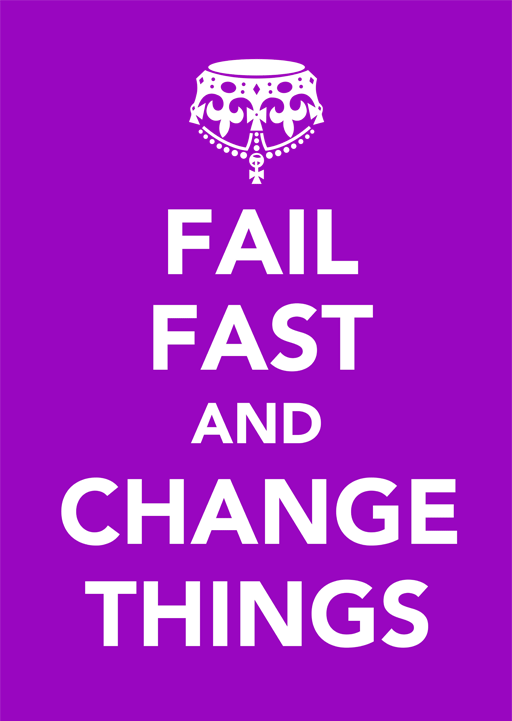
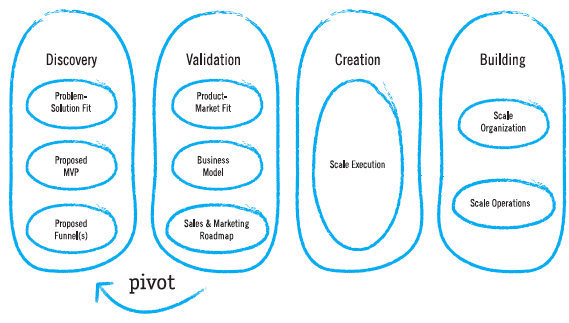
Customer development is all about testing the right hypotheses at the right time with the right data. And it's the process at the core of the lean revolution.
Agile development replaces the Plan-Fund-Do method itself with a new way of building things. Agile production methods offer fast, iterative ways of building change. At more advanced levels, they offer a blueprint for how to generate guesses about your project that have the best odds of being right.
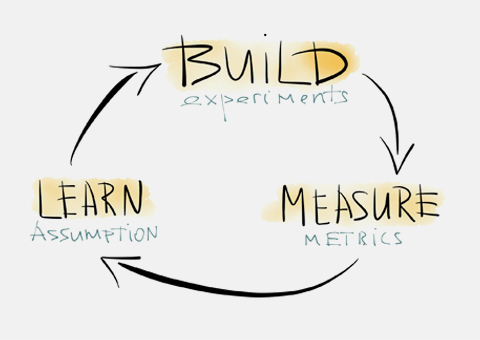
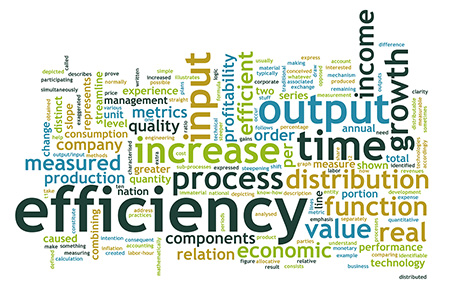
Lean = Efficient. Lean’s origins are in companies where you have to make big change with very little money. In non-profits and government, money isn't the only limiting factor. Efficiency helps you preserve financial, social, and political capital, spending the least amount of each for the most result.
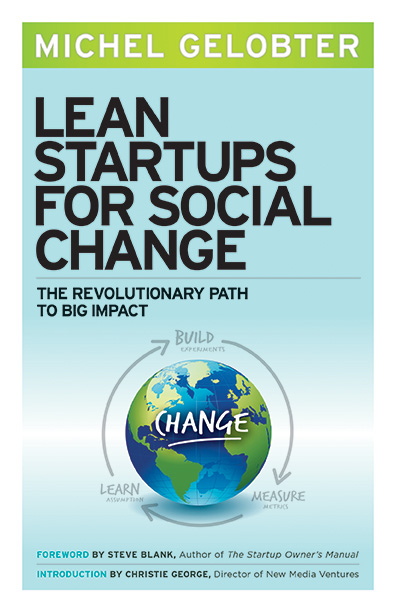
“There’s a new way to change the world...”
The new way is called the lean startup—and it’s not just for new companies. It’s been revolutionizing businesses of all sizes for years, and this book shows it can have the same transformative impact in non-profits, government, faith institutions and across the social sector.
Traditionally, entrepreneurs develop a detailed plan, find money to fund it, and then pursue it to its conclusion. But conditions can change drastically at any point—you can end up locked into a process based on now-obsolete assumptions. The lean startup is all about agility and flexibility. Its mantra is “build, measure, learn”: create small experimental initiatives, get real-world feedback on them quickly, and use that data to identify what works and discard what doesn’t. And then test some more.
Lean Startups for Social Change explains exactly how nonprofits and advocacy organizations can adapt lean startup concepts to their unique circumstances. He offers dozens of real-world examples: an established homelessness group whose data analysis showed that reducing a single overlooked metric could get many more people off the street; a technology-based literacy startup that used lean techniques to reach 2 million children in two years, when a more traditional program took fifteen; and many others. The standard approach wastes time and money—the lean startup promises to help social sector organizations vastly increase the good they do.
(bulk purchases)
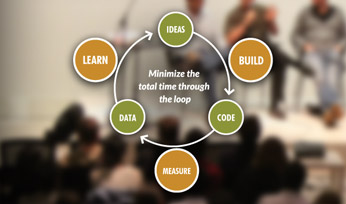
Introduction to Lean Change: Techniques of the Lean Startup for Social Change and Government
Whether you're in government, a non-profit, or just standing by for action, you have a lot of change you'd like to make
In the private sector, the Lean Startup has been transforming the way new products and services are being launched in companies big and small. Lean Startups for Social Change, a new book by Michel Gelobter coming out later this year, is all about how to use the groundbreaking techniques of the Lean Startup to accelerate social change.
Join Michel and practitioners from across the social sector for an introductory workshop on how to increase your odds of making big change happen, and how to do it as efficiently as possible. You'll leave with:
In Progress...This section will be complete by the book launch (November 2, 2015)
From the Book (the following are links/topics referred to in Lean Startups for Social Change):
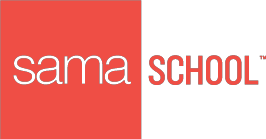
SamaSchool is the domestic arm of SamaGroup. Listen to Kosar Jahani, Program Impact Manager, describe the lean experiments they are running to revolutionize workforce training and new employment models.

Hear Aneesh Chopra (the first ever Chief Technology Officer of the United States) speak with Eric Ries about diverse experience implementing lean methodology in government. Examples include the Consumer Finance Protection Bureau, immigration reform, the Veteran's Administration, and, of course, HealthCare.gov.
And read this great post by Lisa Gelobter, Chief Digital Service Officer at the U.S. Department of Education,
about the new College Scorecard
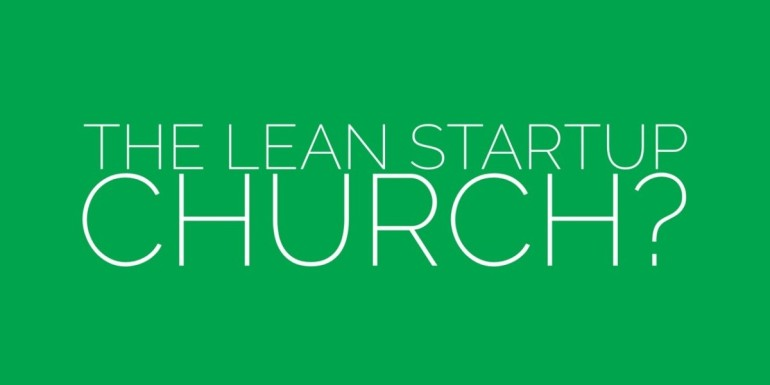
68% of new startup churches fail. Read Tim Soerens' excellent blog post about and resources on lean startup thinking for starting a new faith organization or church.